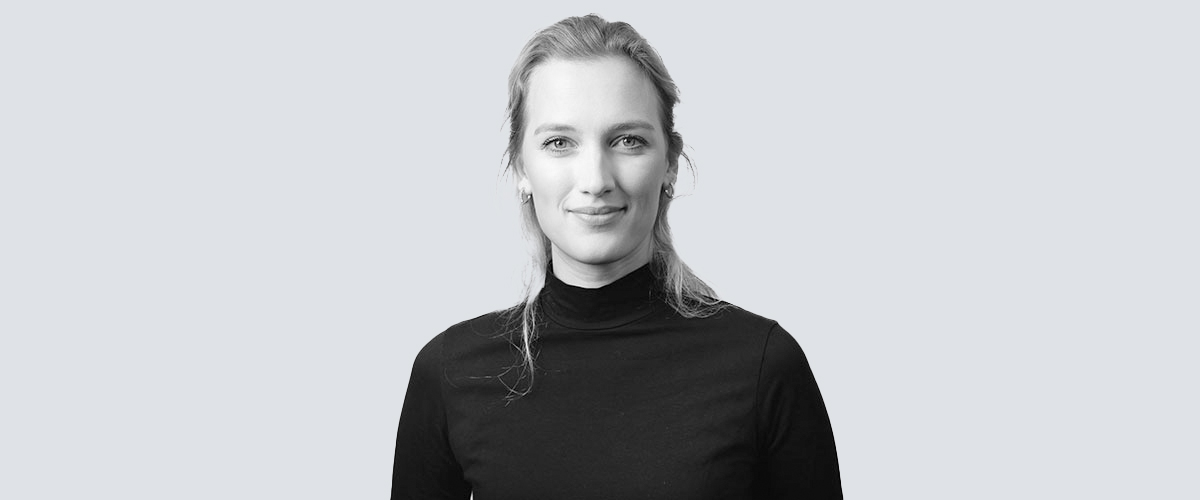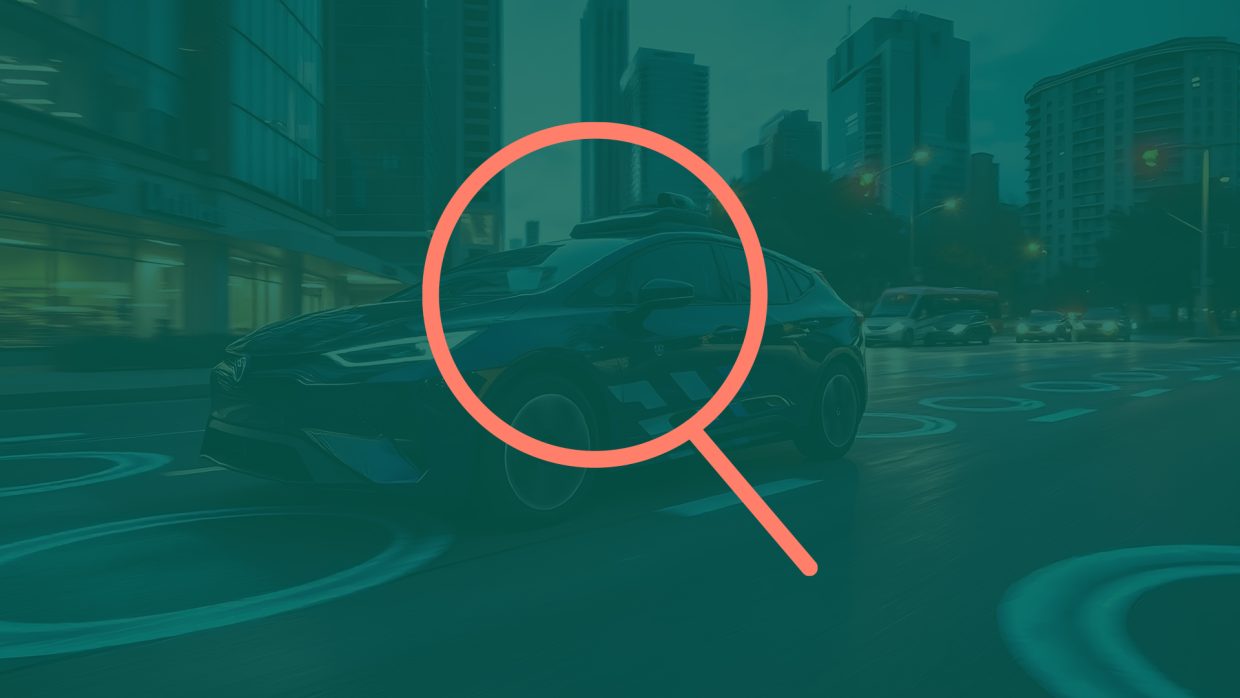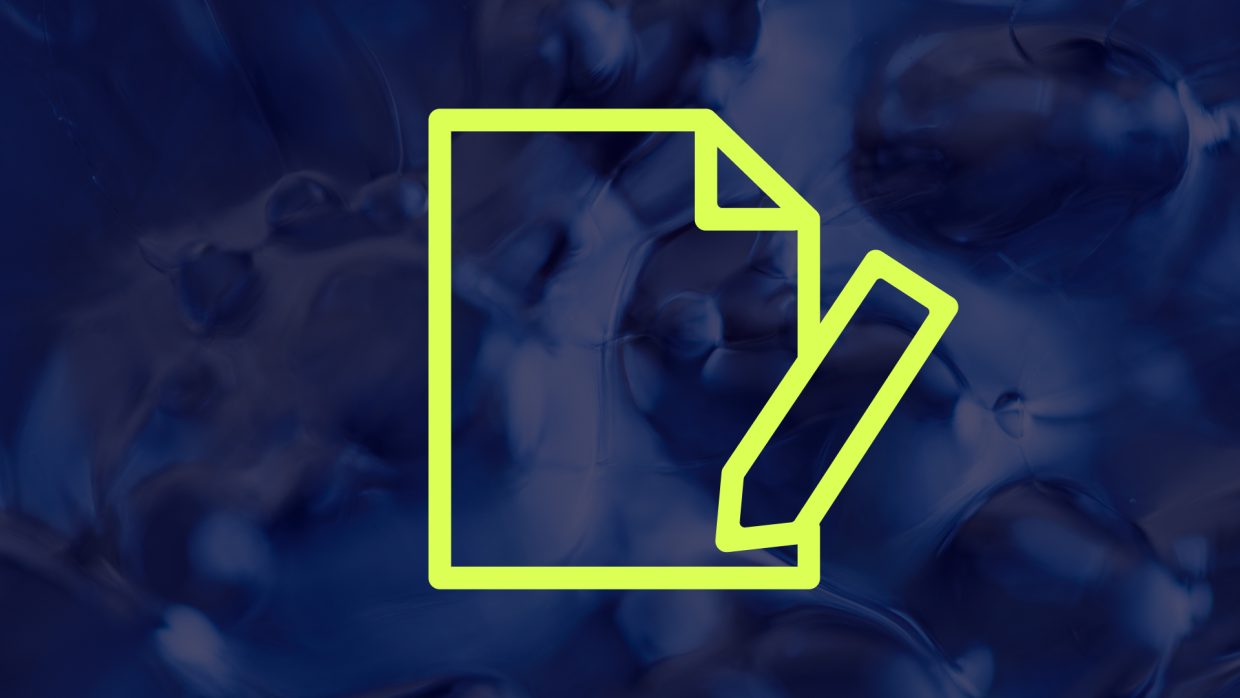German Supply Chain Act
It’s been just over a year since the first phase of the German Supply Chain Act’s requirements went into effect in January 2023, affecting hundreds of companies based in Germany. Hence, organizations, industry experts, government agencies, and many other stakeholders are taking a moment to look back and review the developments over the last year – especially as the second phase of the law’s implementation began a few weeks ago. While much progress has been made and many companies have stepped up their supply chain sustainability and compliance efforts, significant challenges remain.
ONE-YEAR SUPPLY CHAIN ACT
Torsten Safarik, President of the German Federal Office of Economics and Export Control (BAFA), shared his view on the progress of implementing the Supply Chain Act over the past year in a recent interview with Rbb24. Safarik stated that „most companies are coping very well with [the implementation]” and that they are often leading by example, having had the issue on their agenda for many years. However, he also acknowledged that there are still challenges to overcome and that more support for businesses is needed (Rbb24a, 2023).
Challenges were also highlighted in a recent study by the BME & IntegrityNext, which found significant shortcomings in the implementation of the Supply Chain Act by affected companies over the past year. In particular, the study uncovered the inadequate use or complete absence of a risk management system to identify potential human rights and environmental abuses. According to the study, only 30% of companies know how to minimize such violations among their suppliers. Nearly a quarter of companies that have had to comply with the law since the beginning of 2023, do not yet have the required risk management system in place (Rbb24a, 2023). In addition, only 22% of mid-sized companies say they are well or very well positioned concerning the key requirements of the Supply Chain Act (Rbb24a, 2023).
THE CHALLENGES
The above findings are consistent with P3’s perspective on the current state and challenges of implementing the Supply Chain Act in Germany. Many companies have accelerated their sustainability and transparency efforts across their supply chains. The Supply Chain Act has put sustainability on the strategic agenda of companies and made it a „must do“ rather than a „nice to have“. However, while there are many leading examples in this area, many are also struggling significantly facing a variety of challenges:
Challenge 1: Ensuring data quality to enable transparency.
Leveraging high-quality supply chain master data and ensuring its timely availability remains the most common challenge for increasingly international, diverse, and ever-changing organizations. High-quality data is the very foundation for achieving supply chain transparency in key areas such as supplier management, operations, and risk management. It is also critical for reporting and, if poor in quality, can pose immense risks, as more detailed decision-making and reporting requirements are expected in the coming years (e.g., CSDDD, CSRD).
Challenge 2: Establishing end-to-end supply chain information flows.
Extending corporate responsibility beyond the immediate engagement with the 1st tier supply partner requires a new level of detail about the flow of goods and services up and down the supply chain, as well as better communication across the supply chain. Historically, this information has not been cascaded and shared between tiers. However, the availability of this data is now required not only from a compliance perspective but also for other areas such as calculating product carbon footprints. Companies need to establish new, robust information flows across their global supply chains, work with their partners, and find new, effective means to capture this data efficiently, accurately, and on time.
Challenge 3: Enabling the new role of procurement.
Supply chain sustainability requirements have had a massive impact on the traditional role of procurement. Procurement is the function that engages directly with supply partners on behalf of the company and is, therefore, the „voice of the company to the supplier“. Enforcement of human rights and environmental standards in the supply chain must therefore ultimately be carried out by procurement in collaboration with suppliers. Procurement managers need to be trained and enabled to expand their skills to address areas such as supply chain risk, supplier sustainability performance, and compliance in their daily interactions. Of course, organizations need to invest in the right frameworks, training, and change management programs to support this transition.
Challenge 4: Deploying the right tools and & systems.
In an increasingly complex and data-driven business environment, the need for adequate systems to support stakeholders in their daily work is more important than ever. Generating insights, enabling workflows, connecting supply partners, providing real-time insights for decision making, predicting supply chain risks… there is a wide range of tools out there that can be overwhelming. Conducting a detailed requirement and user-driven analysis against the tools‘ capabilities is the best way to deploy solutions that will be successfully adopted by the organization, integrate seamlessly into the existing IT landscape, and ultimately deliver real value.
OUTLOOK
So far, the BAFA has not imposed any significant sanctions, or fines, or excluded companies from public procurement since the Supply Chain Act came into force. However, this is expected to change in 2024 as they are likely to step up their investigative efforts to uncover violations and cases of non-compliance and take appropriate action.
In addition to the increased scrutiny, there is also a new regulation on the horizon that will expand the scope of supply chain compliance from a national to a European level: the Corporate Social Due Diligence (CS3D) Directive.
Building on the Supply Chain Act, CS3D also targets small and medium-sized enterprises to identify and reduce their (and their suppliers‘) negative impacts on human rights and the environment. However, the new directive is much broader and applies to the entire end-to-end value chain, including upstream actors (e.g. suppliers) and downstream activities (e.g. distribution, end-of-life, recycling) (Consilium Europa, 2023).
On 14.12.23, the European Parliament and the Council of the European Union reached a preliminary agreement on the CS3D regulation draft (European Parliament, 2023), which should be confirmed in early 2024. From then on, EU member states would have two years to transpose the EU Directive into national law.
Latest development: As of February 2024, the final vote in the Council of EU member states on the CS3D has been postponed. The vote was originally scheduled for 09.02.24, but due to the opposition of the FDP in the German government coalition, Germany announced that it would abstain. Other EU countries have also been critical of the current draft of the directive. On 28.02.24, after the current draft has been put forward again by the Belgian Presidency, no agreement was found (Belgian Presidency of the Council of the EU 2024, 2024). As a result, the terms and requirements of the Directive are expected to be further reviewed until a final agreement is reached. However, there is widespread agreement that sooner or later the CS3D will come into force and will have a fundamental impact on the European economy and the way business is conducted.
SUSTAINABILITY @ P3
At P3, we provide our clients with specialized support to drive the successful implementation of human rights and sustainability requirements in the supply chain in a timely, pragmatic, and compliant manner, consistent with overall corporate strategy, goals, and ambitions.
Our teams not only have the necessary sustainability expertise and knowledge, but also help our clients with operational implementation, project management, and identifying and deploying the right data and systems infrastructure solutions. P3 offers an end-to-end portfolio of services that seamlessly integrates different areas of expertise.
To stay ahead of the game, we advise our clients not to treat the Supply Chain Act as an isolated requirement. We recommend approaching sustainability holistically and as part of a long-term strategy and commitment throughout the organization. This includes other areas such as reporting, CO2 footprint calculation, diversity and inclusion, circularity, and waste management, as well as biodiversity.
For more information, please feel free to contact us directly or visit our website: https://www.p3-group.com/en/expertises/sustainability/
RECAP: GERMAN SUPPLY CHAIN ACT
The German Supply Chain Act (Lieferkettensorgfaltspflichtengesetz or “LkSG”) is a national law that requires enterprises to enforce and maintain human rights and environmental standards in their global upstream supply chains. According to the enforcing governmental authority, the BAFA (German Federal Office for Economic Affairs and Export Control) “to fall within the scope of the law, enterprises must have their central administration, principal place of business, administrative headquarters, statutory seat or branch office in Germany” (BAFA, 2023). The law will be implemented in phases, initially affecting approximately 600 organizations with at least 3,000 employees as of January 1, 2023. From the beginning of 2024, an additional 2,900 companies with at least 1,000 employees will be required to comply with the requirements of the Supply Chain Act (Agentur für Wirtschaft und Entwicklung, 2023). Failure to comply with the law will result in fines and penalties that, depending on the severity, „may amount to up to 8 million euros or up to 2% of annual global turnover“ (BMAS, 2023).
REFERENCES
Agentur für Wirtschaft und Entwicklung. (2023). Häufige Fragen zum Lieferkettensorgfaltspflichtengesetz | Agentur für Wirtschaft & Entwicklung. https://wirtschaft-entwicklung.de/. Retrieved January 7, 2024, from https://wirtschaft-entwicklung.de/wirtschaft-menschenrechte/fragen-und-antworten/
BAFA. (2023). Supply Chain Act – Overview. https://www.bafa.de/. Retrieved January 7, 2024, from https://www.bafa.de/EN/Supply_Chain_Act/Overview/overview_node.html
BMAS. (2023). Supply Chain Act. www.bmas.de. Retrieved January 7, 2024, from https://www.csr-in-deutschland.de/EN/Business-Human-Rights/Supply-Chain-Act/supply-chain-act.html
Belgian Presidency of the Council of the EU 2024. (2024). Statement by the Presidency on the planned endorsement of the final compromise text on the Corporate Sustainability Due Diligence Directive (#CSDDD). https://twitter.com/EU2024BE. Retrieved February 28, 2024, from Twitter (X)
BMEa. (2023, December 19). Einigung beim europäischen Lieferkettengesetz zieht Auswirkungen auf gesamte Wirtschaft nach sich. https://www.bme.de/. Retrieved January 7, 2024, from https://www.bme.de/news/einigung-beim-europaeischen-lieferkettengesetz-zieht-auswirkungen-auf-gesamte-wirtschaft-mit-sich/
Consilium Europa. (2023, December 14). Sorgfaltspflichten von Unternehmen im Hinblick auf Nachhaltigkeit: Rat und Parlament erzielen Einigung zum Schutz der Umwelt und der Menschenrechte. https://www.bme.de/. Retrieved January 7, 2024, from https://www.consilium.europa.eu/de/press/press-releases/2023/12/14/corporate-sustainability-due-diligence-council-and-parliament-strike-deal-to-protect-environment-and-human-rights/
European Parliament. (2023, December 14). Corporate due diligence rules agreed to safeguard human rights and environment | News | European Parliament. https://www.europarl.europa.eu/. Retrieved January 7, 2024, from https://www.europarl.europa.eu/news/en/press-room/20231205IPR15689/corporate-due-diligence-rules-agreed-to-safeguard-human-rights-and-environment
Rbb24a – Rundfunk Berlin Brandenburg. (2023, December 20). Ein Jahr Lieferkettengesetz: Wirtschaftsverband sieht erhebliche Defizite – Kontrollbehörde zieht positive. . . presseportal.de. Retrieved January 7, 2024, from https://www.presseportal.de/pm/51580/5676248
Rbb24b – Rundfunk Berlin-Brandenburg. (2023, December 20). Ein Jahr Lieferkettengesetz – und noch hat es nicht geliefert. https://www.rbb24.de/. Retrieved January 7, 2024, from https://www.rbb24.de/wirtschaft/beitrag/2023/12/berlin-lieferkettengesetz-zulieferer-unternehmen-cornelsen.html




